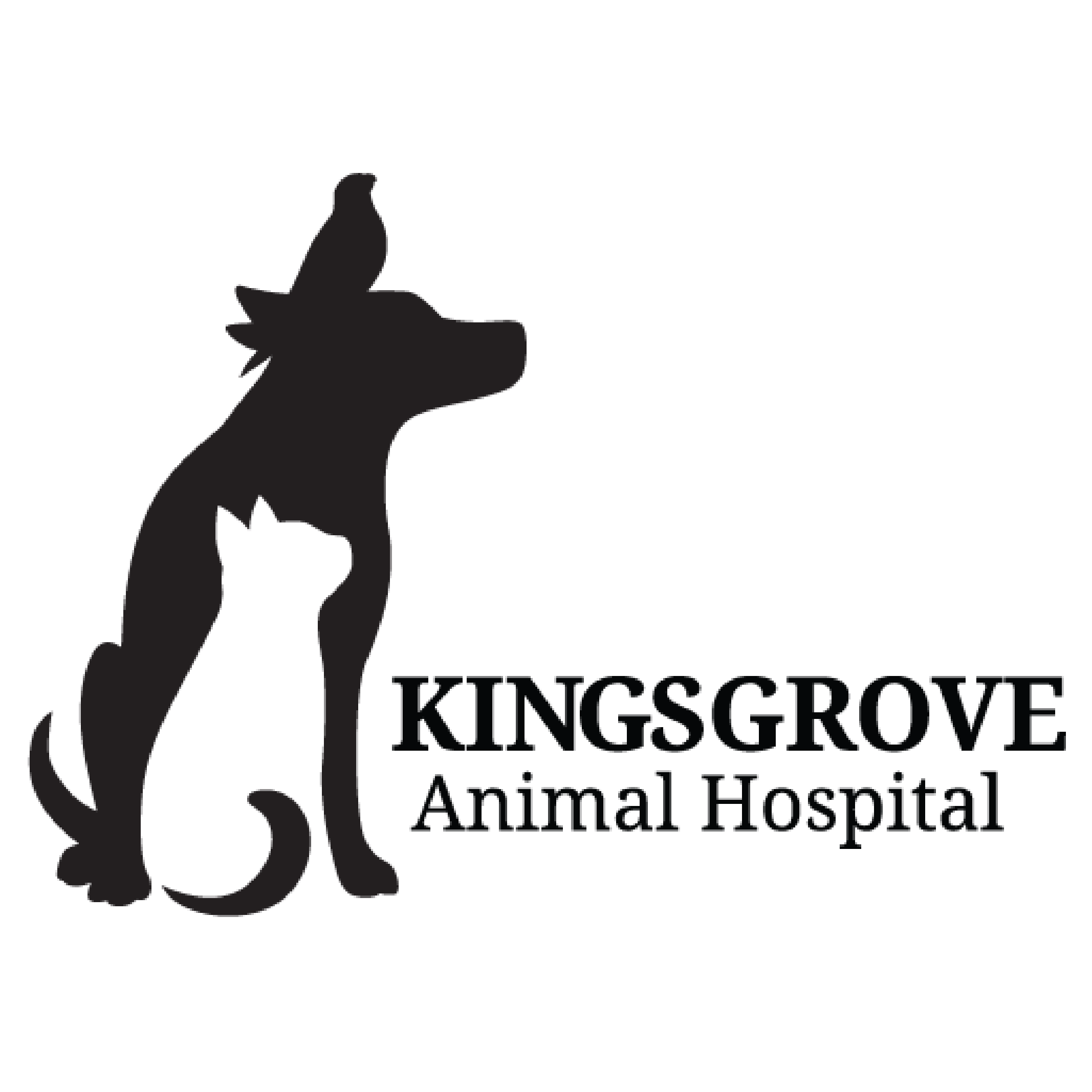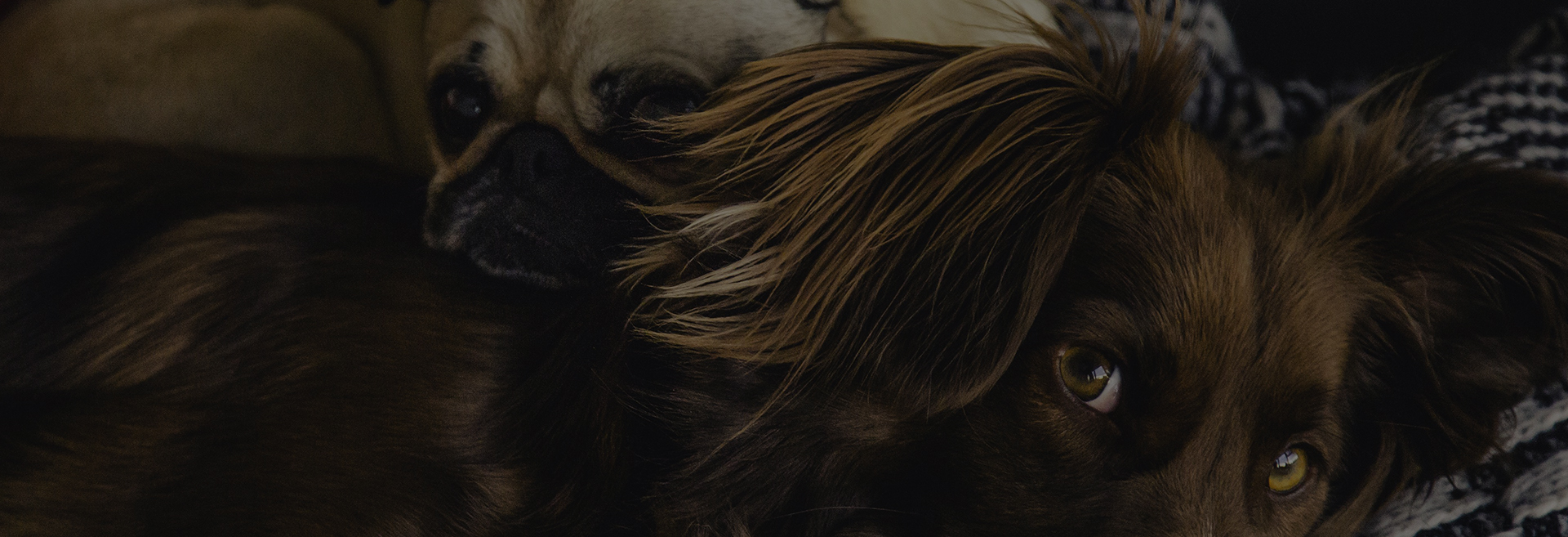What is Leptospirosis in Dogs?
Have you heard of leptospirosis? You may have recently read news articles with cases increasing in dogs. With the recent mouse plague across rural NSW, and the number of building developments across Sydney unearthing burrows of rodents, this disease affecting dogs has been on the rise.
Leptospirosis is a bacterial infection that can be spread by coming into contact with contaminated water or soil with rat urine. If you live in the high-risk area in Sydney (5km radius from Surry Hills) it is important to have your dog vaccinated against this serious disease as it can also be passed on to humans.





